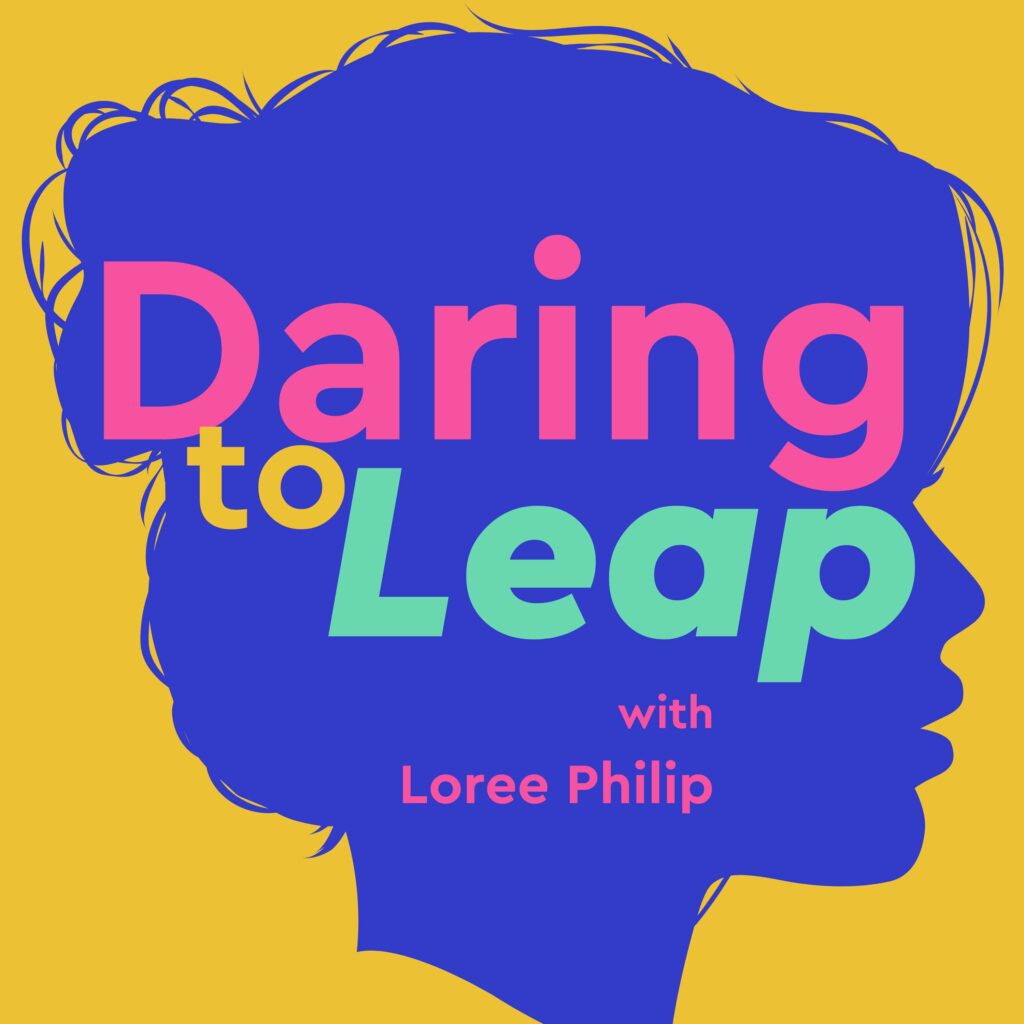Are you thinking about taking the leap into a new career or transitioning to a new role?
In this episode of Daring to Leap, host Loree Philip and guest Laura Terrell, Executive Coach, Lawyer & former Special Assistant to the President of the White House discuss everything you need to know about career transitions.
They delve into the fear of failure, the struggle of letting go of one’s identity, and the power of taking on new opportunities to grow and develop in your career. They cover everything you need to know to explore, evaluate, and set yourself up for success before you take that leap.
By listening to this episode, you will learn:
- Why people are looking to transition or pivot in their career
- Discover the benefits of exploring different career paths and how it can lead to personal growth and fulfillment.
- Learn how to confront the fear of failure and uncover your true motivations for a career transition.
- The importance of reflecting on your values, priorities, and where you want to be before making a career move.
- Strategies for researching and evaluating potential roles to ensure a well-tailored and fulfilling career choice.
- How to get valuable information out of an interview with a potential employer.
- How to fully explore a potential role before you decide to leap.
Tune in to gain insights and guidance on how to navigate career transitions and ensure opportunities are aligned with your goals, values, and priorities!
Connect with Laura:
More Career Support from Host & Career Coach, Loree Philip GET YOUR FREEBIE! Career Energy Boost GUIDE: 5 Strategies To Add Life And Vibrancy To Your Career – Grab your copy HERE.
Are you ready to shed self-doubt and fears that are keeping you from taking your leap? Let’s chat! Book a FREE Confidence to Leap call with Loree Philip: HERE
Connect with Loree:
Instagram – @loreephilip
LinkedIn – @loree-philip

